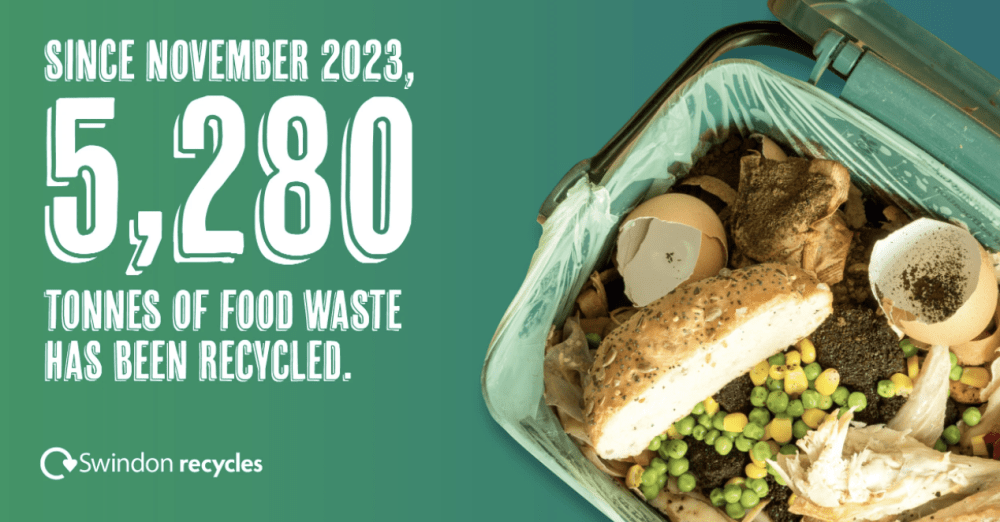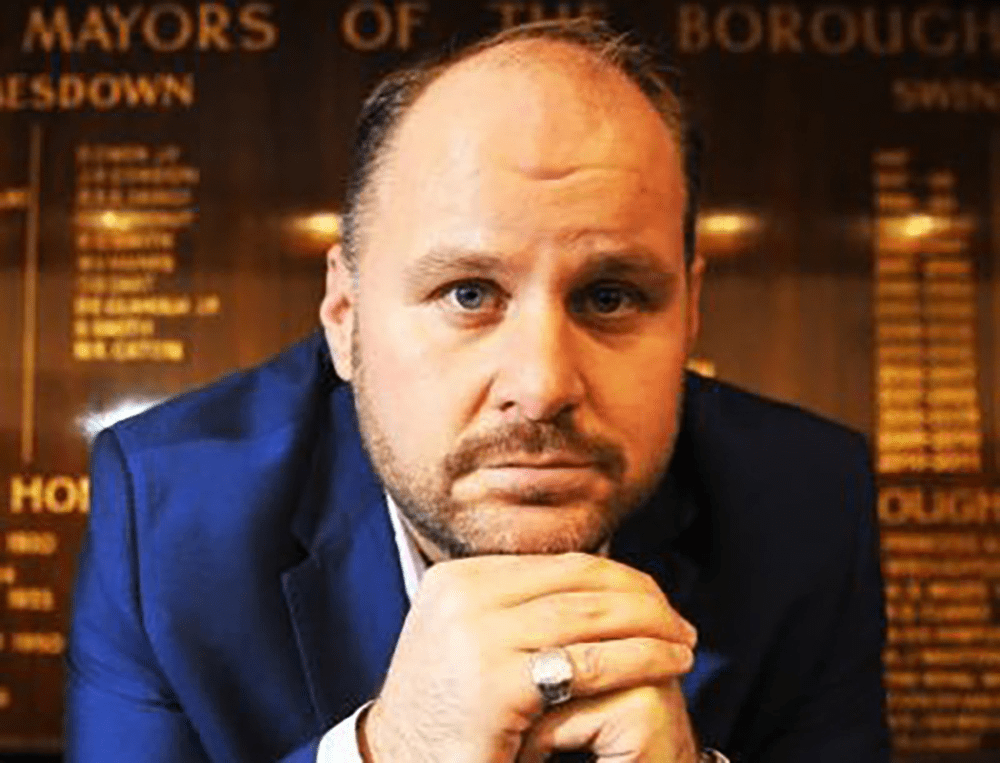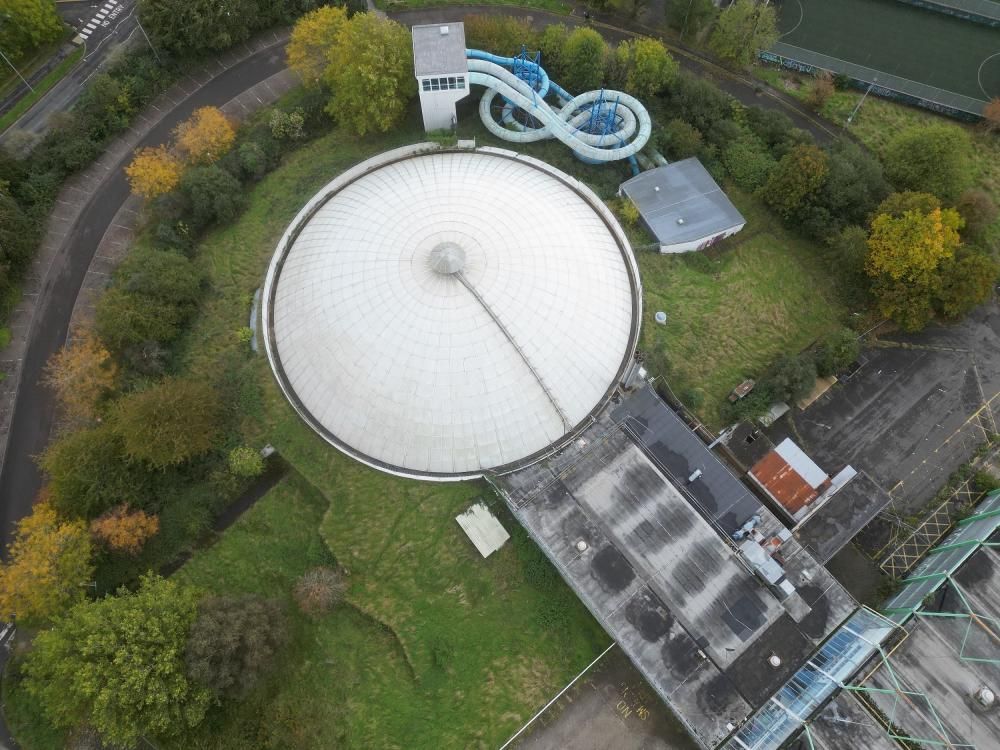Swindon people are being asked to help the council improve the borough’s recycling rate.
As part of its mission to build a greener Swindon, the council has set the aim of improving recycling rates, and local people are already helping to achieve this.
A recent snapshot analysis of waste placed in Swindon’s bins revealed that while food waste made up 38 per cent of the contents of Swindon’s black bins in 2023, this had fallen to 28 per cent in 2024. This, the council says, was in part thanks to the new food waste collection service launched in November 2023, which saw 5,280 tonnes of food waste recycled in the first year.
Despite this significant improvement, the analysis showed that more than two thirds of the food waste produced across Swindon still went into general refuse bins. By not recycling food waste correctly, it ends up in the residual waste stream costing residents £150 per tonne to incinerate.
Cllr Chris Watts, Cabinet Member for the Environment and Transport, said “I’d like to say a big thanks to all residents who make a big effort to recycle their waste.
"In the first year of our food waste collection service, Swindon recycled 5,280 tonnes of food waste that otherwise would have been thrown away in black bins costing residents £150 per tonne to incinerate.
“But clearly the waste composition analysis shows that we can all do more and based on this year’s prices, we’re essentially burning £2m worth of income that could be going back into the service.
“We want to increase our recycling rates even further and are asking residents to make sure they’re checking what they’re putting in their wheelie bin. The analysis shows we can do more to recycle food, cardboard, plastic and glass.
"By recycling properly, together we’re able to both generate income during financially challenging times and produce a significant benefit for the environment, helping us to build both a better and greener Swindon.”
Alongside the high percentage of food waste which is not being recycled, the waste analysis showed that residents are recycling 45 per cent of their plastics, 55 per cent of their cans and 40 per cent of paper incorrectly.
Based on expected prices for the next financial year, £2m-worth of recycling is being incinerated with the remainder of residents’ general waste.
In an effort to bring residents’ money back into the service, people are being urged to carefully consider what they are disposing of and what could be recycled instead of being placed in their black wheelie bin or blue general waste bags.
This includes:
- Putting all food waste in the caddy
- Placing all paper and card products into a black/orange box. This includes paper, broken up cardboard, non-metallic cards and wrapping paper, junk mail, leaflets, catalogues, magazines, newspapers booklets or envelopes
- In another box all glass products, including glass bottles and jars
- Plastics and metal recycling (such as tins) into the reusable blue bag
- Plastic films, plastic bags and wrappings can be taken to a local supermarket for specialist recycling, or alternatively, these should be placed in the black bin as they cannot currently be recycled at the kerbside
Residents who are unsure if something can be recycled can search items on the council's website, using the Waste Wizard.










Your Comments
Be the first to comment on this article
Login or Register to post a comment on this article